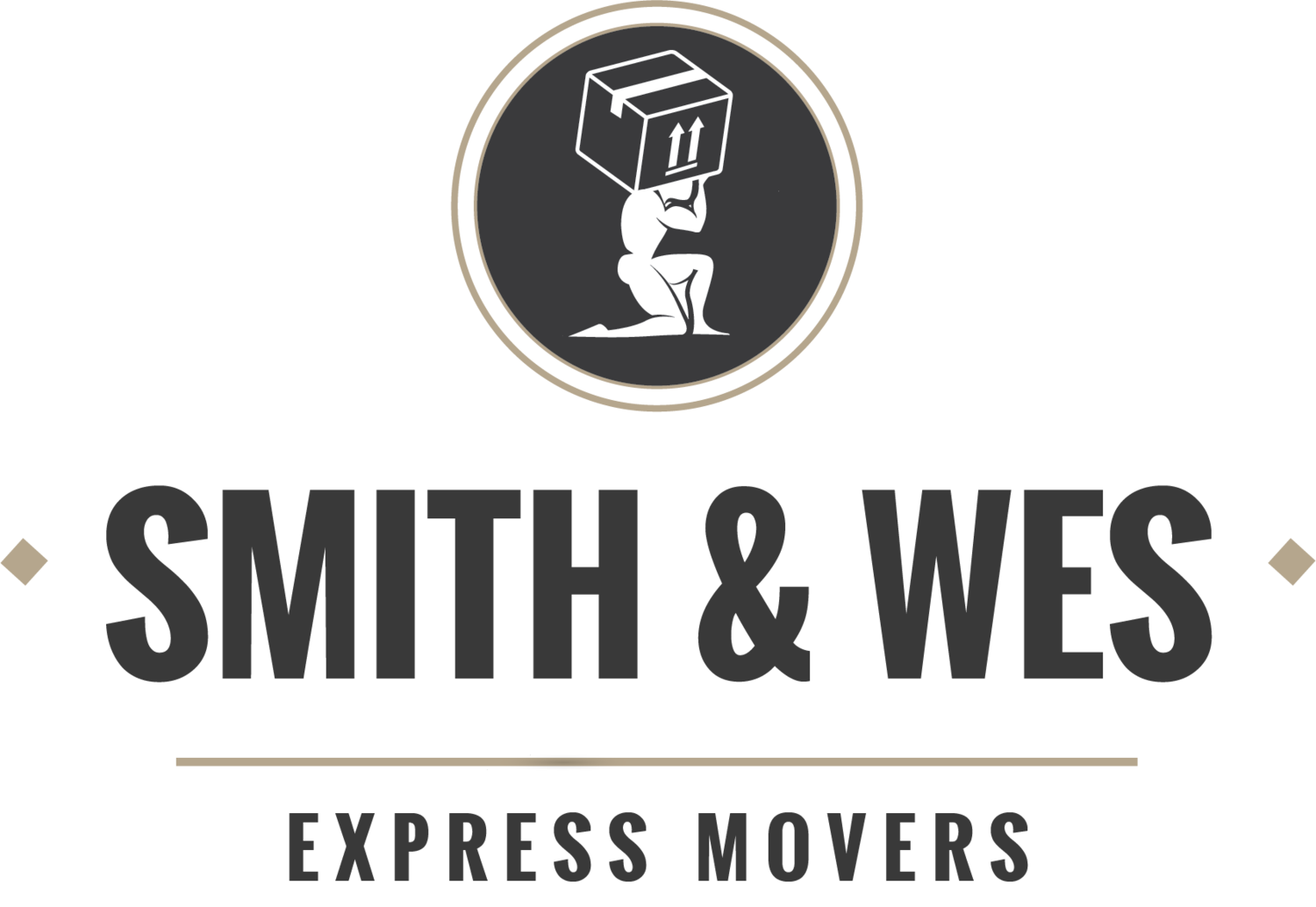8 Important Factors When Selecting Commercial Movers Near You
Finding the right commercial movers for your business relocation can be a daunting task. With so many options available, how do you know which one will provide the best service? This guide will break down the essential factors to consider to ensure your move goes smoothly and efficiently.
1. Experience and Reputation
Look for movers with a proven track record and positive reviews. Experienced movers are more likely to handle your items with care and navigate challenges effectively.
When researching, consider checking online platforms and testimonials from past clients. This firsthand information can be invaluable. After all, a company may claim to have expertise, but it's the experiences of previous customers that truly paint the complete picture. Don’t hesitate to ask for references to get a clearer sense of their reliability.
2. Services Offered
Different movers offer various services, from packing and unpacking to specialized handling. Ensure the movers you consider can meet all your specific needs.
It's important to assess whether you need full-service movers or if you’re looking for specific assistance. Some companies might offer packing materials and labor, while others focus solely on transportation. Understanding your particular requirements upfront will help narrow down your choices significantly.
3. Insurance and Licensing
Verify that the movers are properly licensed and insured. This protects you against potential losses or damages during the moving process.
Before signing any contracts, dig deeper into what their insurance covers. Depending on the value of your items, it may be wise to consider additional coverage options. Ensuring your commercial movers are compliant with local regulations not only secures your possessions but also guarantees peace of mind throughout the entire relocation.
4. Cost Estimates and Transparency
Obtain detailed quotes from multiple companies. Make sure the estimate includes all potential costs to avoid surprises on moving day.
Discussion of fees can often become complicated, especially if there are hidden charges. To prevent unpleasant surprises, approach your negotiations with a clear list of questions, you want to know about overtime charges, additional fees for packing materials, or any fees tied to long carry distances. A reputable mover will gladly answer these questions and provide written explanations.
5. Availability and Flexibility
Consider movers' availability and their willingness to accommodate your timeline. Flexible movers can help reduce stress during your planning phase.
Your business operations can be highly sensitive to downtime, making it essential that your movers are not only available but also adaptable. They should be prepared to work around your schedule, whether that means packing during off-hours or quickly responding to last-minute changes in the plan. The more adaptable they are, the more the full moving experience will align with your operational needs.
6. Equipment and Technology
Ask about the equipment and technology the movers use. Advanced tools can streamline the moving process and ensure everything is handled with care.
In today's digital age, many companies utilize tracking technology that allows you to monitor your shipment’s progress. Investigate if the movers own high-quality trucks equipped with the right tools for a smooth transit. The right equipment can make a significant difference, especially if your items include fragile or expensive pieces that require extra care.
7. Customer Service and Communication
Good communication is key. Evaluate how responsive the movers are to your queries and their willingness to provide support throughout the moving process.
As you start the process, pay close attention to how the company handles initial inquiries. Feeling valued as a customer from the get-go is a good sign. Select movers who take time to discuss your needs thoroughly and offer suggestions, as this speaks volumes about their dedication to customer satisfaction. A solid communication line will make your relocation process smoother.
8. Local Knowledge and Expertise
Choose movers who are familiar with your area. Local expertise can help navigate transportation logistics and any regulatory requirements.
Local movers tend to have established relationships with vendors and authorities, which can facilitate smoother transitions. They are also more familiar with potential challenges, such as traffic patterns and construction zones that could disrupt your moving day. Choosing a moving company that understands your local landscape may help you avoid unexpected delays and complications.


